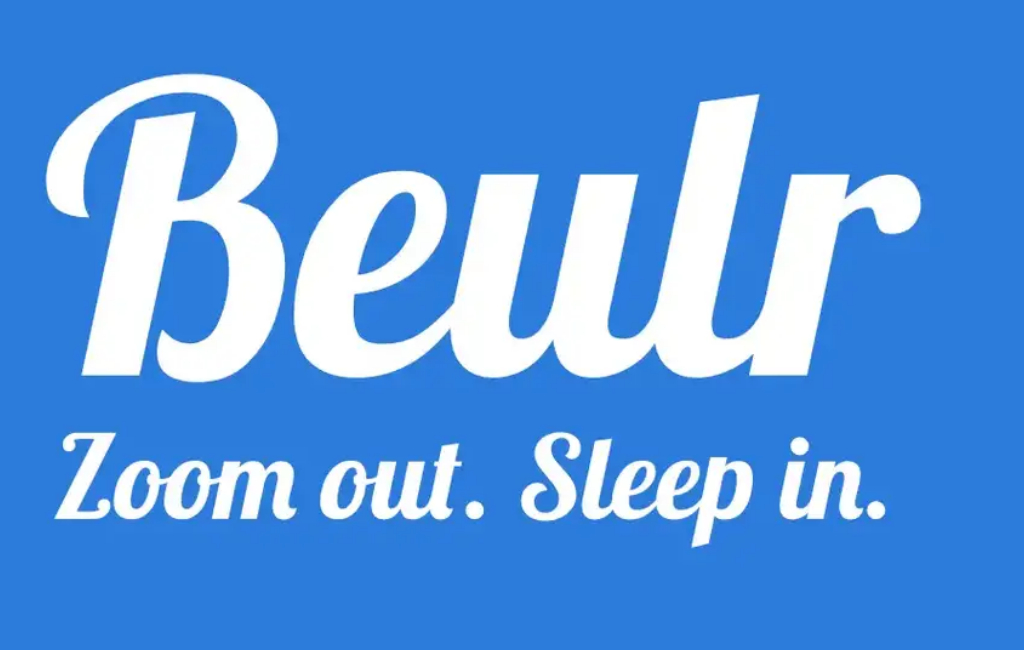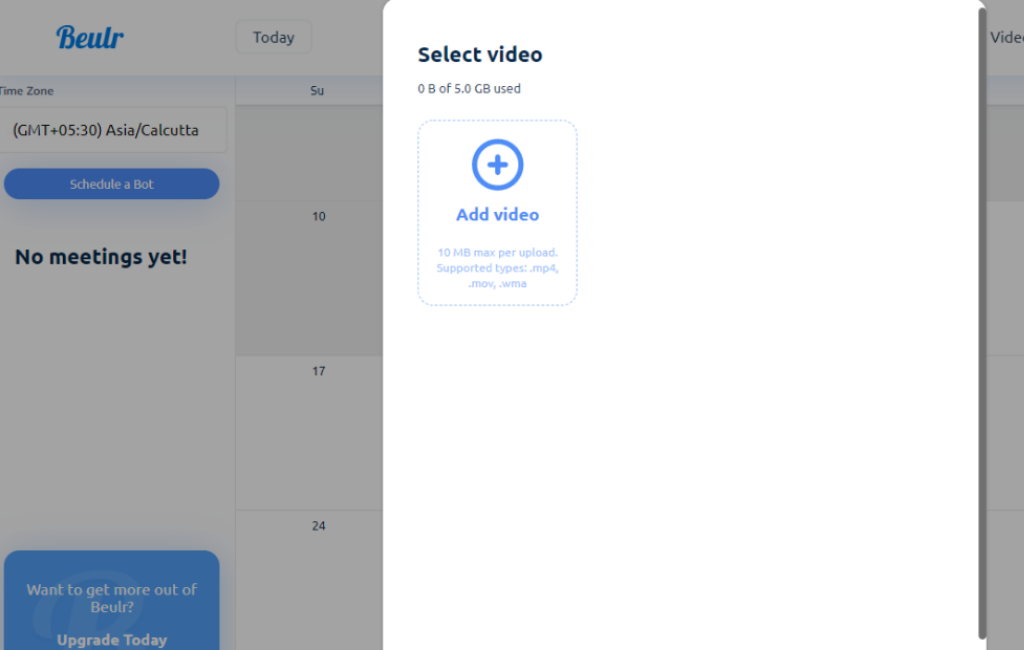Beulr Online Meeting Attender Bot

NO DEAL
EPISODE SUMMARY
🕓 Air Date: November 5, 2021
Asking For:
$150,000 for 20%
Investor:
No Deal
Deal:
No Deal
PRODUCT SUMMARY
Beulr is an application that allows users to attend online meetings virtually by creating an avatar that pretends to be present, enabling users to be in two places at once.
WATCH HERE
IN A RUSH?
Click these to jump to the section you want to read.
Background Story
Peter, the visionary founder of Beulr, embarked on his entrepreneurial journey during the throes of the pandemic, a time when virtual meetings and online classes became the new norm. His inspiration for Beulr was born out of a desire to navigate the challenges of remote learning while maintaining the flexibility to pursue other interests. The pivotal moment came when Peter found himself faced with the dilemma of attending an early morning online class, a routine that left him yearning for more sleep and flexibility.

This sparked the idea of creating a solution that could free individuals from the constraints of mandatory online meetings and offer them the ability to be in two places at once. Determined to turn this concept into a reality, Peter made a bold decision. He dropped out of school, took the leap of faith, and maxed out his credit cards to fund the development of Beulr. Undeterred by the financial risks, he moved back in with his mother, a testament to his unwavering commitment to bringing his innovative vision to life.
Despite having a minimal marketing budget, Beulr’s unique value proposition resonated with users worldwide. Through organic, word-of-mouth growth, the platform rapidly gained traction, attracting over 92,000 users. Peter’s journey from a college student to a dedicated entrepreneur highlights the power of ingenuity, determination, and the ability to transform a personal challenge into a groundbreaking solution that resonates with thousands.

The Product
Beulr is a groundbreaking online meeting attendance solution designed to liberate users from the confines of virtual meetings and allow them to be present in multiple places simultaneously. The user experience with Beulr is straightforward and user-friendly. To utilize the service, individuals must first create a Beulr account. Once registered, they can schedule a bot, providing essential meeting details such as the meeting’s name, ID, and password.
One of Beulr’s unique features is its ability to mimic user participation. Users are encouraged to upload a video of themselves engaging in the meeting, ensuring a convincing and lifelike virtual presence. This video is then used by Beulr to simulate the user’s attendance, including moments of sipping tea or appearing engaged, offering a sense of authenticity during the meeting.
One of the key advantages of Beulr is its cloud-based operation, which eliminates the need for users to keep their computers or devices running during meetings. This adds to its convenience, allowing users to go about their day while Beulr handles the online meeting attendance.
However, it’s important to note that Beulr currently supports static videos and lacks interactivity. This means it cannot actively respond to questions or engage in real-time discussions during the meetings. It primarily serves as a passive presence tool, which may have limitations in certain scenarios.

How It Went
The company’s position before Shark Tank
Beulr’s performance in the market demonstrated its potential as a revenue-generating platform. It successfully generated approximately $1,000 per month in revenue by adopting a subscription-based model, charging users a reasonable fee of $6.99 per month. This revenue stream emerged organically, primarily through Peter’s initial user base, which was built on the foundation of his own needs.

Initially, Beulr was conceived as a solution to Peter’s personal struggle with attending online classes while juggling other commitments. However, recognizing the broader appeal of his innovative concept, he made the bold decision to transition it into a business venture. This pivot marked the formal introduction of Beulr to a wider audience. Remarkably, Beulr’s growth was driven by viral word-of-mouth marketing and minimal promotional efforts. Its ability to address a common pain point experienced by many individuals in the era of virtual meetings and remote work contributed to its rapid adoption.

However, as Beulr gained attention, ethical concerns surfaced about its use and potential legal ramifications regarding attendance requirements, particularly in educational and professional contexts. These concerns may have contributed to the hesitation of potential investors on “Shark Tank” and raised questions about the long-term viability and acceptance of the platform. Despite its revenue-generating potential, these ethical and legal considerations remained significant challenges for Beulr’s growth.
The Negotiations:
During the negotiation phase on “Shark Tank,” Peter faced a panel of seasoned investors who had diverse perspectives on Beulr. The Sharks’ reactions ranged from amusement to skepticism, and they raised critical questions about the business’s viability and ethical considerations. Mark Cuban, recognizing the potential of Beulr, questioned Peter about his knowledge in AI and technology, suggesting that advanced AI capabilities might be necessary for the platform’s future development. Mark’s advice emphasized the importance of staying ahead in a rapidly evolving tech landscape.

Lori Greiner and Robert Herjavec expressed concerns about the ethical implications of Beulr. They highlighted the potential compliance issues, especially in scenarios where attendance is legally required, which raised doubts about its long-term sustainability. Kevin O’Leary inquired about the possibility of charging a one-time fee, questioning why Peter had chosen a monthly subscription model. This prompted Peter to consider alternative pricing strategies.

John Solimine appreciated the novelty of Beulr but ultimately decided not to invest, highlighting his concerns about the platform’s impact on communication and the potential for people to misuse it. Ultimately, none of the Sharks made an investment in Beulr. Their collective hesitation stemmed from the ethical concerns, compliance issues, and doubts about the scalability and long-term viability of the business model. The negotiation underscored the importance of addressing these critical concerns in order to gain investor confidence and secure funding for Beulr’s future growth.







